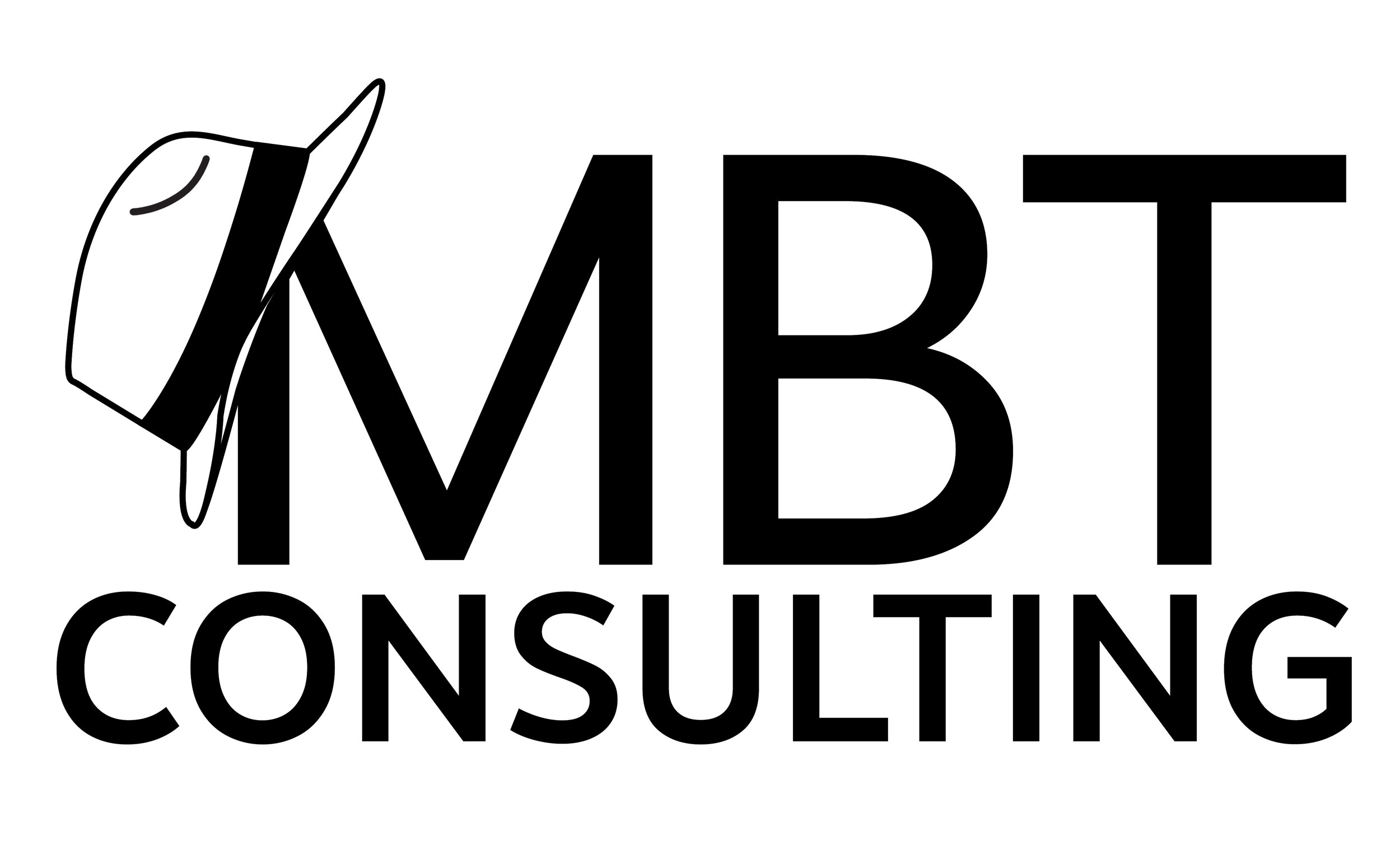One Possible Future of American Politics
Since November 3rd, 2020, everyone’s been hollering about whether the election results were legitimate. In the long run, I don’t think they matter.
As a marketing professional with a degree in political science, I’ve been viewing current political trends through a marketing filter.
For a moment, consider your grocer’s soda aisle. Two main brands, company extensions representing other interests (orange, cherry, etc.) and smaller independent groups.
Sounds like the American political scene, no?
Like Coke and Pepsi, Democrats and Republicans are brands, with voters (customers) vociferous advocates of one or the other.
These brands have logos, messaging, spokespeople, and tag lines. They’re visible regionally and nationally, with strategic alliances overseas. Their approaches mirror any business hustling for a sale.
True, there’s competition in local markets, but the bulk of attention is lavished on the big players.
Long-term brand success demands keeping an eye on the horizon. My prediction; by 2036 we’ll see some major changes in the American political marketplace.
The past five years have seen significant splintering amongst the American electorate. However, this year’s ticket-splitting in various markets suggests we’re heading for a political marketplace with greater diversity of ideas.
My crystal ball shows a future with a coalition government and these political brands:
Now Available, this
e-book is A MUST for
every business library!
Trumpists, blended with Tea Partiers, espousing Donald Trump’s philosophies.
Moderate Republicans representing traditional family values, low taxes and deregulation.
Berniecrats, attracting primarily young voters with an affinity towards democratic socialism.
Moderate Democrats believing government can provide solutions but must be paid for.
Middlers, who are fiscally conservative and socially liberal.
Throw in the Green Party and some independent voices and voilá: a vibrant town square.
For decades, politicians have been selling themselves like a bar of soap, only now it feels different. Big money buys too much influence, and this year’s voter turnout suggests the past four years has provided a huge civics lesson.
Since I was young, I’ve heard persistent comments about us scraping the bottom of the barrel for our political candidates. Too many people voted against the other nominee, rather than loving the person they voted for.
Nothing constrains us from expanding beyond two parties. Combining November third’s results, an increasing disdain for anyone disagreeing with one’s tribal philosophies, and a generic belief that we can do better, suggests there’s something enormous coming…and soon.
Watch for foundational cracks driven by Trumpists and Berniecrats as the first signs.
-----------
Rob Weinberg is a marketing strategist based in San Diego. You can find him at @marketbuilding.


